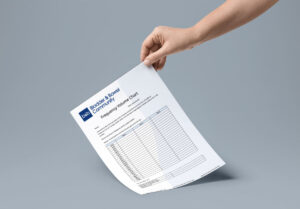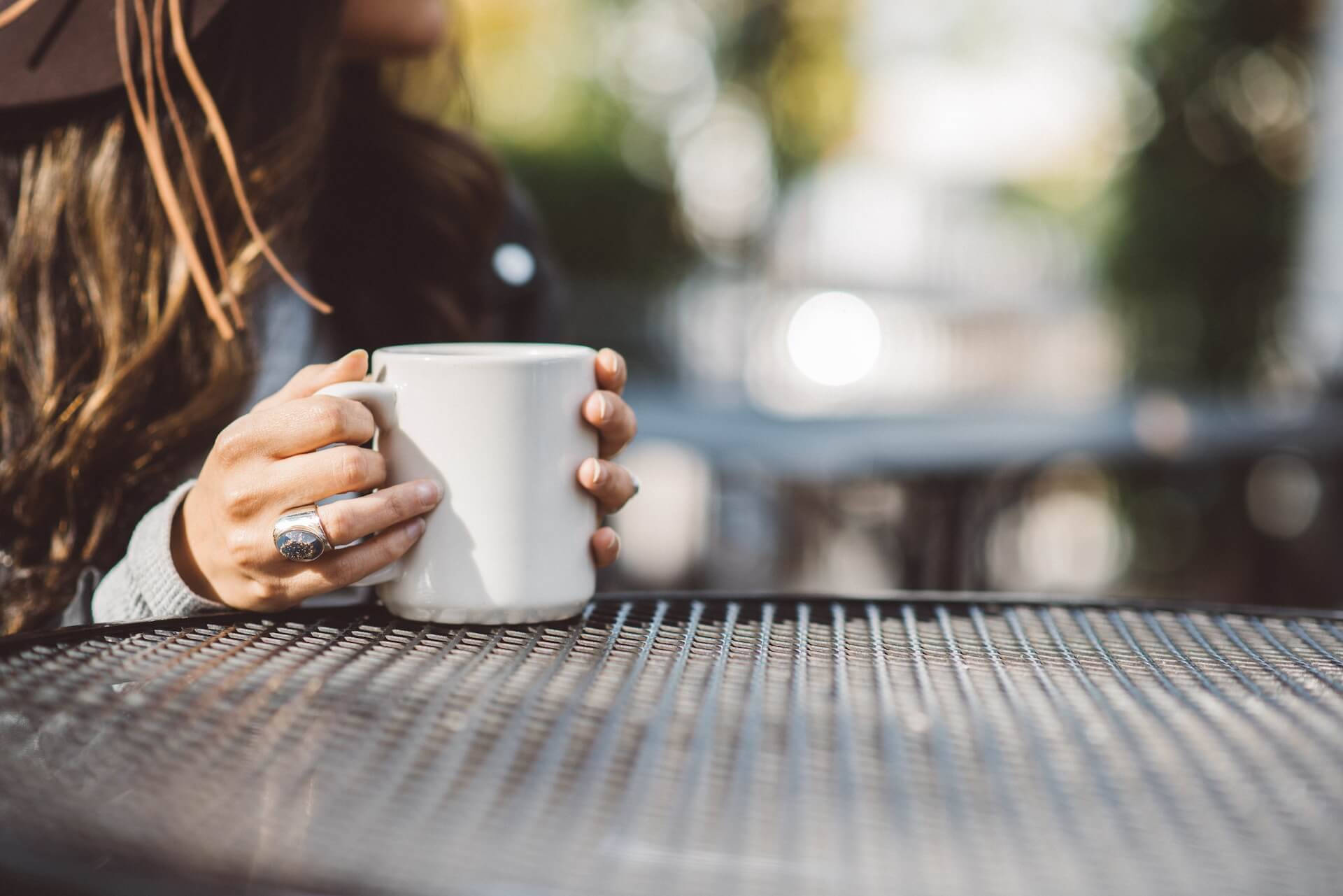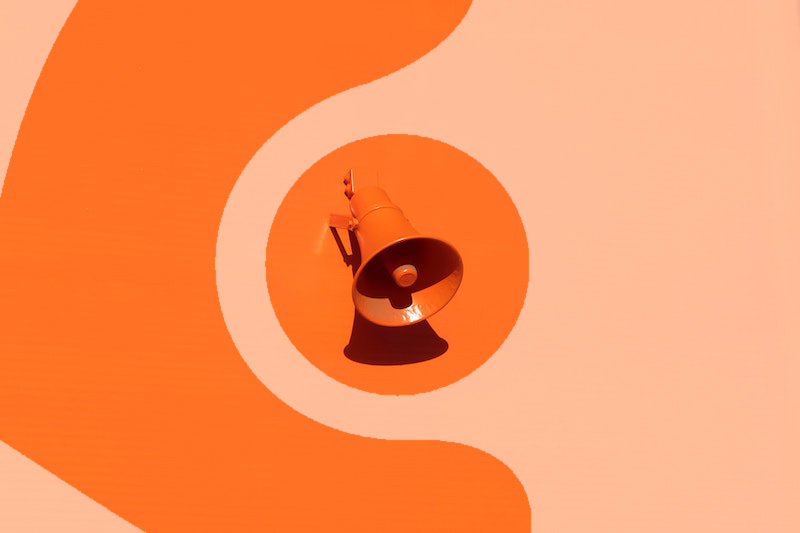Frequency refers to the number of times you go to the toilet to pass urine in a day. If you need to go to the toilet very often, more than seven times a day on drinking approximately 2 litres of fluid, you may have a frequency problem.
This can be caused by an overactive bladder. The bladder might contract even when it doesn’t need to; for example, if your bladder only has a small amount of urine in it, or may be oversensitive. This means that you feel the need to go to the toilet more often.
Frequency is often associated with urgency and urge incontinence. You can find information about treatment options available if you find yourself going to the toilet too often.
What Is Normal Urination Frequency?
As with many things in life, everyone is different. This also applies to normal urinary frequency. For most people, the normal number of times to urinate per day is between 6 – 7 in a 24 hour period. Between 4 and 10 times a day can also be normal if that person is healthy and happy with the number of times they visit the toilet.
Normal urinary frequency also depends on how much fluid you drink in a day and the types of fluid that you drink. If you are taking medication for high blood pressure for instance, it may increase because of the way some medication works; for example medicines called “Diuretics”. How healthy and active you are can have an influence, and to some extend your age e.g the normal frequency of urination in children can be different to that of an adult.
Identifying A Frequency Problem
If you are concerned about how often you urinate and it is starting to affect your day to day life make an appointment to see your doctor, continence nurse or specialist physiotherapist. A continence nurse and specialist physiotherapist are healthcare professionals who specialise in bladder and bowel problems.
You can use our find a healthcare professional service to locate the nearest specialist to you.
Once you have made an appointment, your doctor or healthcare professional will assess you. They may ask you some of the following questions:
- How often do you go to the toilet to pass urine?
- How much urine do you pass?
- How often do you leak urine?
- When do you leak urine?
- What medication do you take?
- What do you normally eat or drink?
- Is it painful / uncomfortable when you pass urine?
- How many times do you get up at night to pass urine?
- Do you ever wet the bed?
It would be a good idea to keep a record of your bladder activity for a few days before your appointment with your doctor or healthcare professional. Keep a record for at least 3 days.
Use our Frequency Volume Chart to record how often and the amount that you urinate each day.
Frequency Volume Chart
[BBC:019] Frequency Volume Chart
A Frequency Volume Chart records the volumes voided as well as the time of each visit to the toilet, both during the day and night.
Frequent urination or the urge to urinate often can interfere with day to day life enormously, and can also be the cause of embarrassment and worry, especially if you tend to lose urine if you fail to reach the toilet in time.
Don’t forget to get your Just Can’t Wait Toilet Card which can help you gain access to a toilet when you are out and about.
The RADAR key also provides you with access to over 9,000 accessible public facilities around the UK. They can be found in many shopping centres, pubs, cafes, cinemas, bus and rail stations.
You can find yourself living your whole life around your problem! It is not just the number of times you go to the toilet that is a problem, but also experiencing an uncomfortable feeling of needing to urinate, which prevents you from relaxing and enjoying life.
Please explore our frequency treatment section to find information that could assist. We also have a selection of downloadable resources which you may find useful.
For further information speak to your GP or doctor in detail to discuss the appropriate treatment for your particular situation.









